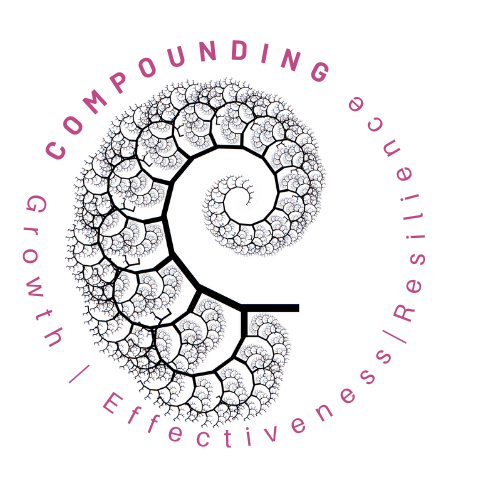Many of you might know or have heard about the 14 Leadership Principles (LPs) that Amazon has. One of them is Learn and Be Curious. This is one of LPs that I found pretty cool for a company to have, for the simple reason of a focus on learning (an input) and not just outputs (we have an LP called Deliver Results too).
Intertwining of Learning and Curiosity is an obvious thing to do. There can be no learning without curiosity. Curiosity is accepting that we don’t know, not judging ourselves for not knowing, willing to learn from what we see, hear or read without having a biased mind.
The implications of this leadership principle, go beyond just Amazon and even beyond one’s professional life alone. Below is my attempt to draw on the learnings around Curiosity from different aspects of my waking life.
Disclaimer – This is not Amazon’s interpretation and everything mentioned below is purely my viewpoint
My personal experience of being a coach, an Amazon mentor and a mother, have all taught me that sometimes being a child a.k.a a curious explorer is necessary for growth.
Neuroscience of Curiosity and its relation to Learning, Memory & Biases
Curiosity is a motivator for learning, influential in decision-making, and crucial for healthy development. If learning is intrinsically rewarding, the brain should respond to new information in a way similar to how it responds to primary rewards like food and sex. Indeed, neuroimaging studies show that when people are curious about the answers to trivia questions or watch a blurry picture become clear, reward-related structures in their brains are activated.
What would happen if the babies were not curious about the world around them?
Based on studies (neuroscience and biological), they will not learn the basic life skills they need to learn in order to survive. As infants and children we are all curious beings but as we start developing our brains and our biases, the curiosity takes a backseat. We already have some basic neural circuitry established and to conserve energy, the brain uses shortcuts it has access to. That is the seat of our unconscious biases.
Curious exploration on the other hand, is without biases (like confirmation or anchor bias amongst others), without agenda or vested interest – open to whatever comes up and without fear or shame – its fine if I don’t know and discovering rather than judging ourselves or others is a better bet.
So how does out curiosity impact us – at work and beyond?
Productivity at work:
When you are not interested in the work you do, it will show as you will have limited curiosity to learn and hence retain minimal information from what you have learned. Knowing your why goes a long way in making work worthwhile. Workplaces these days are about getting up to speed with the rapidly changing world. Adapting to what is new, and what may be the new tomorrow, learning quickly about things that can make your work easier and being curious about the ways you can work smarter.
Learning becomes easier when one is curious as we are not thinking about what others are thinking rather focusing only on learning.
Health and Wellness:
Being curious about small changes in your body can offer you an insight into wellbeing at work and life. Notice and get curious about what upsets you and what has been different from your normal self. You’ll be surprised with what comes to the surface and how it is deeply connected to your values. Some of the most common symptoms of stress are behavior and physical changes. The next time your family tells you, you’re not being yourself, listen to them more closely, with an open mind and a curious eye. They may have insights about you, which is in your blind spot!
Parenting
When was the last time your 8yr old responded back with despondency when you asked her to do a chore around the house? Dealing this with curiosity, changes the whole discussion from Why not to what happened? Suddenly it is about the parent being curious as to what about the chore is not appealing. You can turn that around and present it in a way that resonates with her or him.
With teens and tweens, when they stop listening or start answering back, being curious about what else is at play? Why are they stressed or angry may be helpful. They may not be able to express it to their friends and they subconsciously know that the family will put up with mostly everything. Even we as parents do that sometimes – get angry on our kids when we are stressed elsewhere. Next time you are angry, instead of getting upset on yourself about it, explore what is stressing you out and is it worth it?
As they say, curiosity may have killed the cat but then the cat had 9 lives. I believe in YOLO, spend time exploring rather than judging – will make our world a better place!

